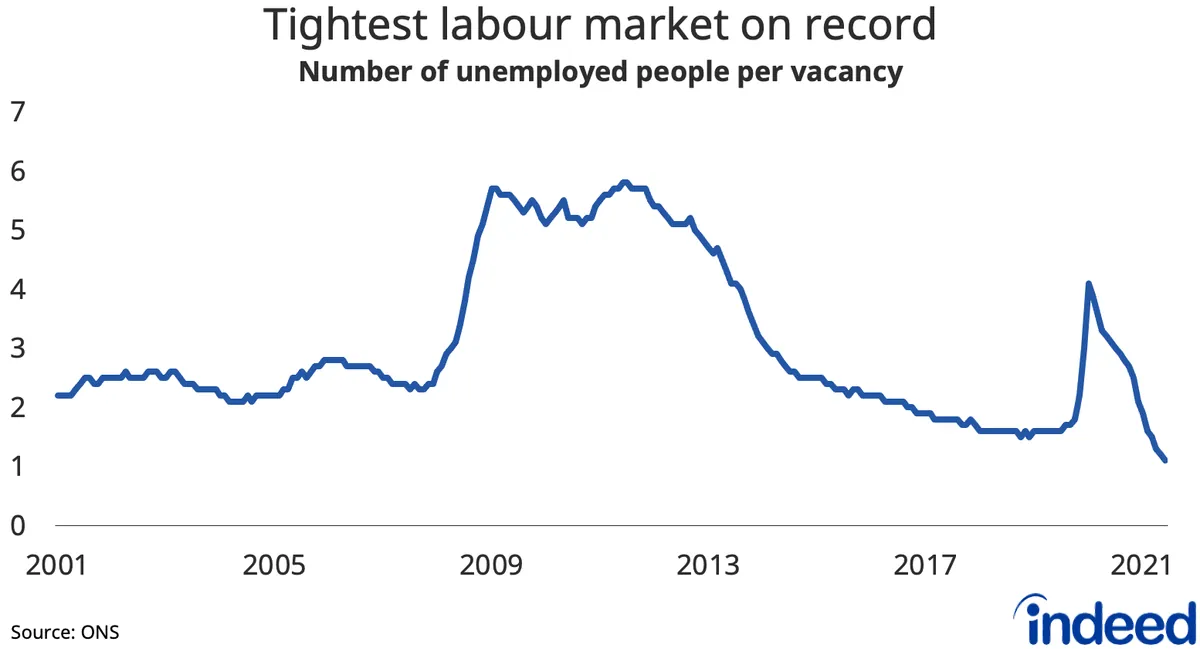Hidden Unemployment in UK Nearly Double Official Figures, Study Reveals
New analysis suggests up to a million Britons are wrongly categorized as too sick to work. Hidden unemployment is concentrated in deindustrialized areas and seaside towns, posing economic challenges.

A recent study by the Centre for Social Justice (CSJ) has unveiled a concerning trend in the UK labor market. The analysis suggests that up to one million individuals in Britain are incorrectly classified as too ill to work, despite being willing and able to secure employment.
The CSJ's findings indicate that joblessness in the UK is nearly twice as high as official figures suggest, due to a surge in what experts term "hidden unemployment." This phenomenon refers to individuals who desire and are capable of working but are not actively seeking employment, thus excluded from official unemployment statistics.
Trushar Pandya, head of data and analysis at the CSJ, stated, "Real unemployment is likely nearer 2.5m, not less than 1.5m of working age people." This stark contrast highlights the potential underestimation of the true state of unemployment in the country.

The geographical distribution of hidden unemployment is particularly noteworthy. Pandya explained, "The problem is that a lot of these people live disproportionately in parts of the country that are deindustrialized areas. They're in seaside towns, they're in inner cities." This concentration in specific regions paints a more complex picture of unemployment across the nation.
The study also sheds light on the surge in economic inactivity since the lockdown period. There has been a notable increase in individuals signed off work due to mental health conditions such as anxiety and depression. Currently, 2.8 million working-age people are neither employed nor seeking work due to ill health.
"Too many people on sickness benefits are written off. Just let them go to work, for God's sake. Help them get into work, get better pay, and then they will come off benefits naturally."
The potential benefits of addressing this issue are significant. The Office for Budget Responsibility (OBR) calculates that each person transitioning from incapacity benefits to employment reduces the burden on taxpayers by £10,900.
The CSJ is advocating for continued investment in programs like Universal Support, which offers tailored assistance to the long-term sick and disabled. Such initiatives could play a crucial role in helping individuals re-enter the workforce and contribute to the economy.
As the UK grapples with these challenges, it's clear that a more nuanced understanding of unemployment and targeted interventions will be essential for fostering a more inclusive and robust job market in the years to come.


































